Baghdad working to elevate Iran-Saudi security talks to diplomatic level: Iraqi PM
Iraq’s Prime Minister Mohammed Shia' al-Sudani says his country is working to organize a new round of reconciliation talks between representatives from Iran and Saudi Arabia in Baghdad aimed at mending their strained ties, emphasizing that Iraqi authorities intend to elevate security-oriented negotiations to a diplomatic level.
“God willing, we’ll arrange the meetings. The incumbent Iraqi government has continued to play its role in hosting the Saudi-Iranian dialogue ever since it was formed [in October 2022]. We consider it necessary for disputes in the region to be settled in order for stability to improve,” Sudani said in an interview with London-based Arabic-language Asharq al-Awsat newspaper.
He added, “Contacts and communications are underway for the meetings to take place. Such interactions already exist in some spheres; however, we want them to be raised. Our goal is to elevate the level of meetings between [Iranian and Saudi] security officials to diplomatic connections under the Iraqi mediation.”
Last month, Iraqi Foreign Minister Fuad Hussein said Saudi Arabia’s crown prince Mohammed bin Salman had urged senior Iraqi authorities to arrange a face-to-face meeting between the top diplomats of Riyadh and Tehran.
Hussein told Iraq’s Kurdish-language Rudaw television news network on January 29 that “Mohammed bin Salman has demanded senior Iraqi officials set up the meeting between Saudi Foreign Minister Prince Faisal bin Farhan Al Saud and his Iranian counterpart Hossein Amir-Abdollahian [in the Iraqi capital city of Baghdad]. We are busy organizing the event, and the timing will be announced later on.”
The Iraqi foreign minister noted that Saudi and Iranian delegates have already held five rounds of security-level meetings in Baghdad.
Earlier, the Saudi foreign minister said Riyadh was trying to find a path to dialog with Tehran as the best way to resolve differences.
Speaking at a panel at the World Economic Forum in Davos on January 17, the chief Saudi diplomat said a decision by Saudi Arabia and other Persian Gulf states to focus on their economies and development was a “strong signal to Iran and others in the region that there is a pathway beyond traditional arguments and disputes toward joint prosperity.”
He added, “I think the more we can build a sense of cooperation in the region and the more we can work together, the more we can deliver not just prosperity for our people, but also for our immediate region and beyond.”
Saudi Arabia severed diplomatic relations with Iran in January 2016 after Iranian protesters, enraged by the execution of prominent Shia cleric Sheikh Nimr Baqir al-Nimr by the Saudi government, stormed its embassy in Tehran.
The kingdom then pursued a confrontational foreign policy toward the Islamic Republic, especially during the administration of former US President Donald Trump, with whom the Saudi rulers had close ties.
Saudi Arabia appears to have recently changed its antagonistic course, showing willingness through diplomatic channels and third parties to mend fences with Tehran and resume bilateral relations.
The two neighbors remain deeply divided over a set of regional issues, mainly the destructive and protracted Saudi war on Yemen.
Iran warns against US-Israeli plot to weaken Muslims, dominate region
VIDEO | Public uproar in US against Israeli regime
‘Ghost town’: 70% of Jabalia buildings destroyed by Israel
Mother’s Day: Sareh Javanmardi’s inspiring journey as Paralympic champion and mother
Russia downs over 40 Ukrainian drones as Putin vows 'destruction' on Kiev
VIDEO | Yemen: A bone in Israeli neck
D-8’s role in Iran’s economy after Cairo summit
China slams US as ‘war-addicted’ threat to global security


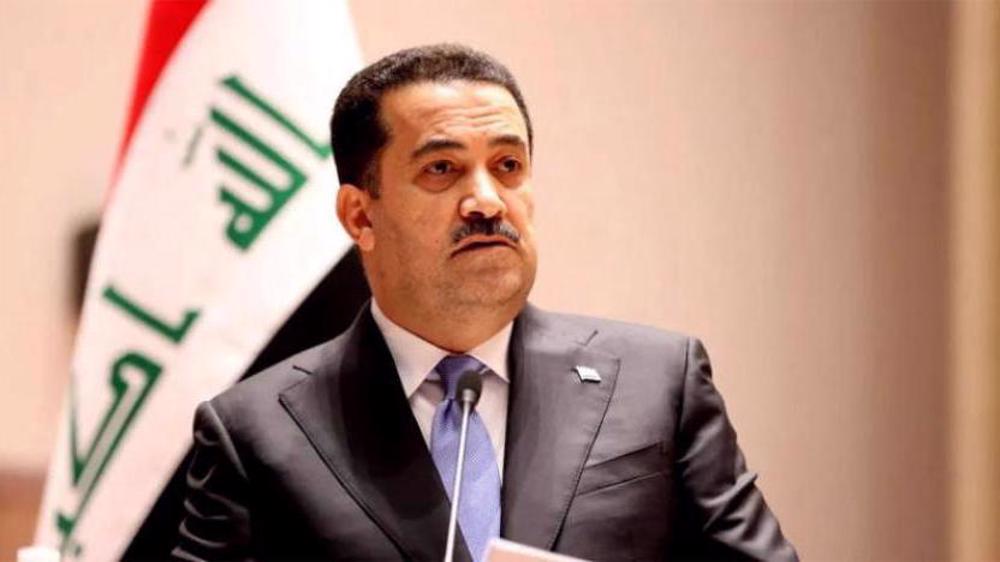
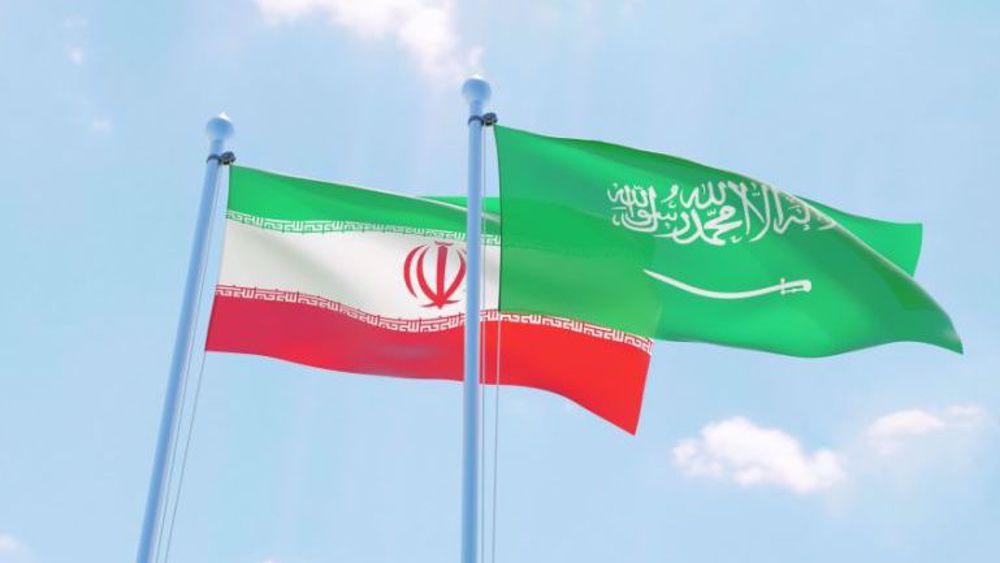
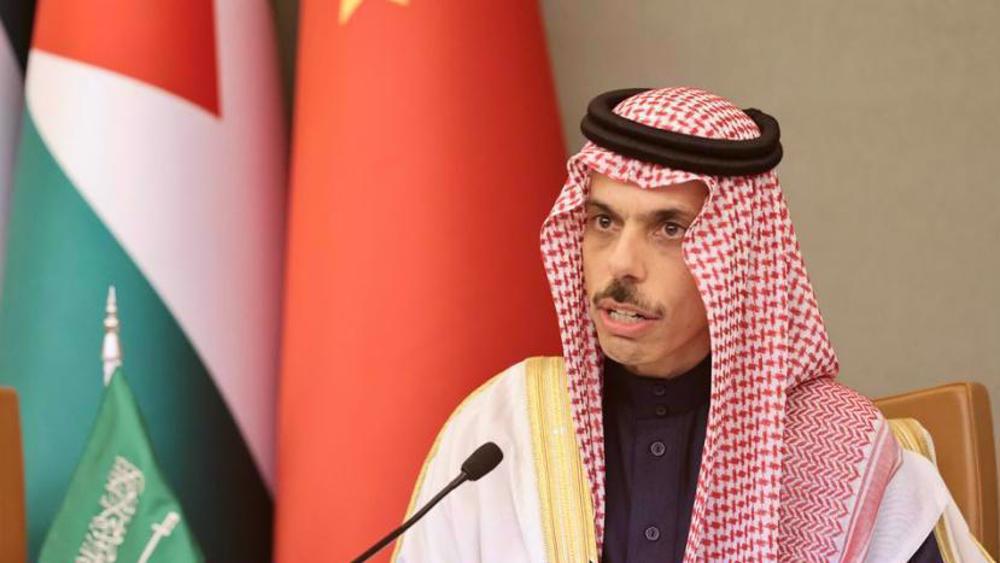






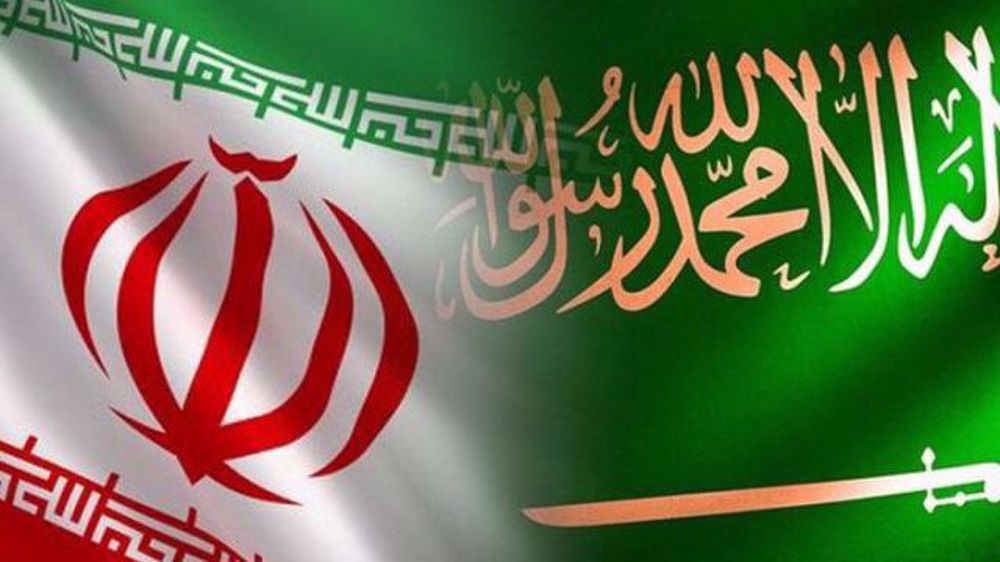
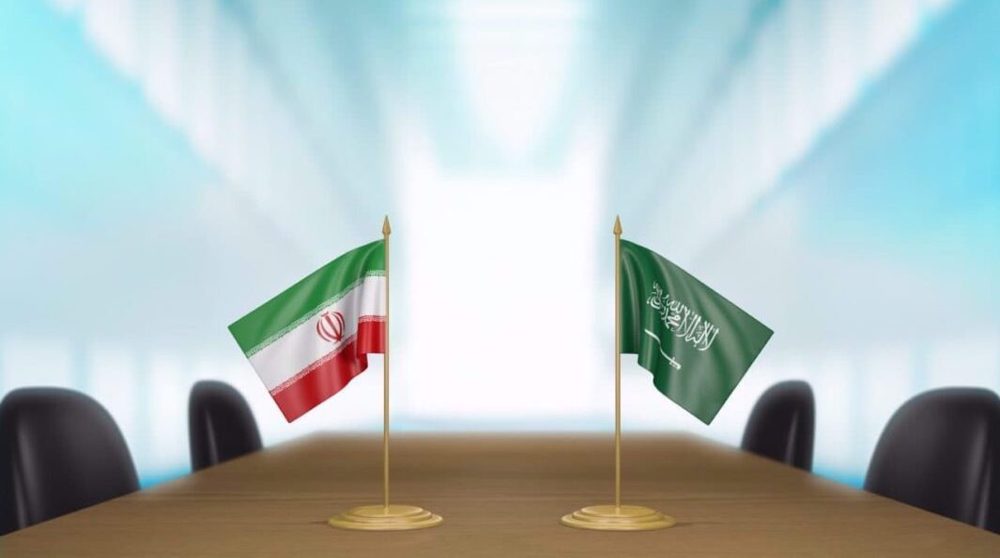
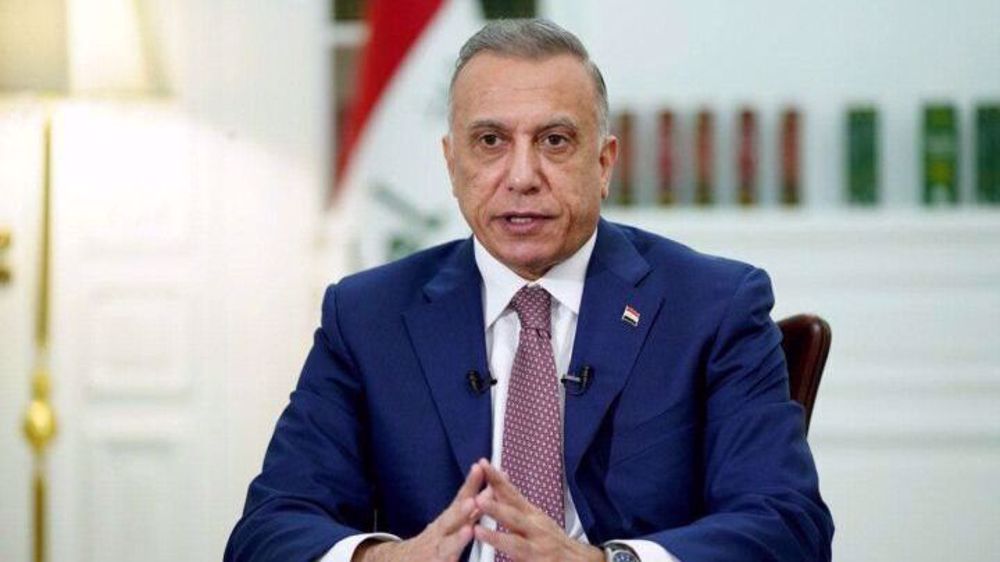
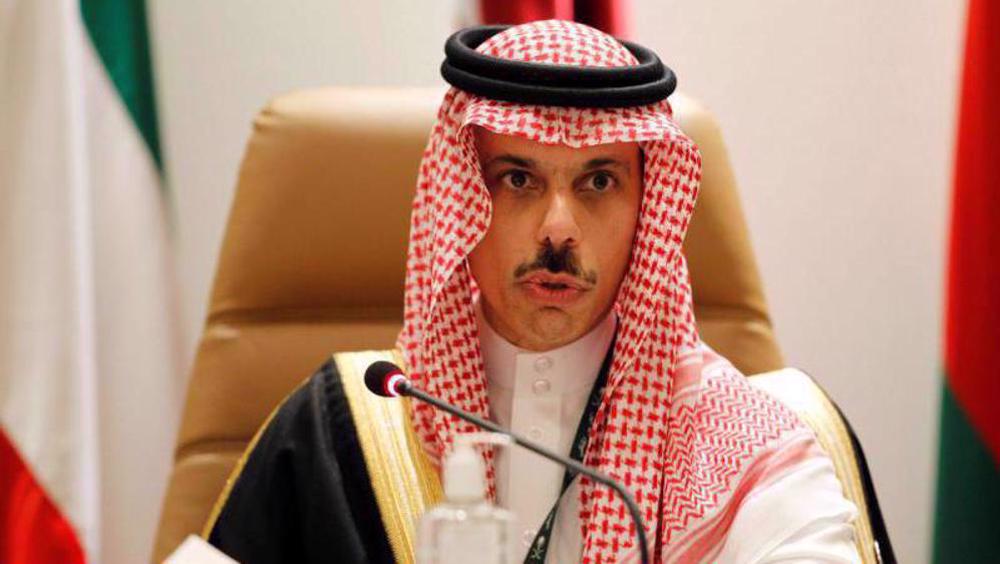
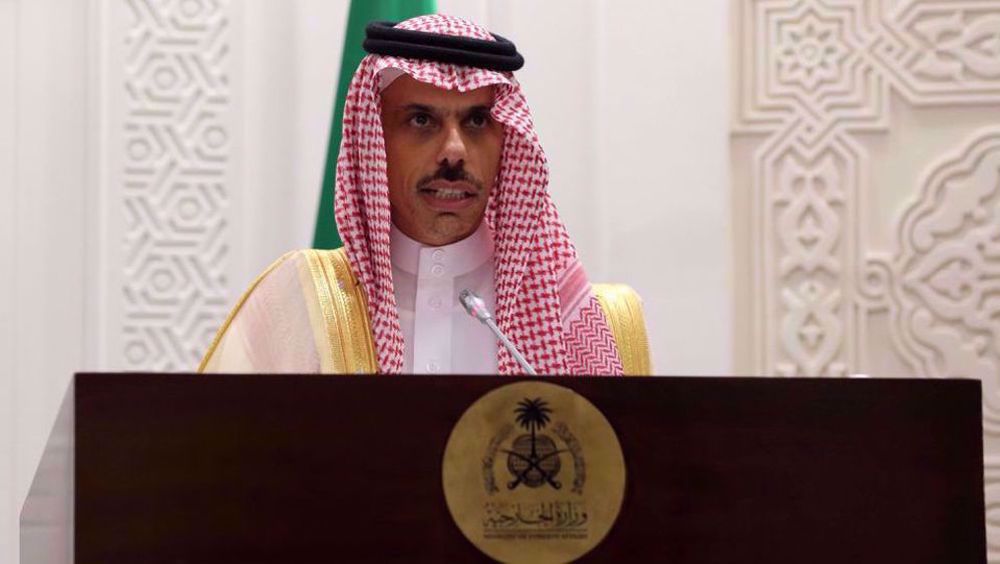
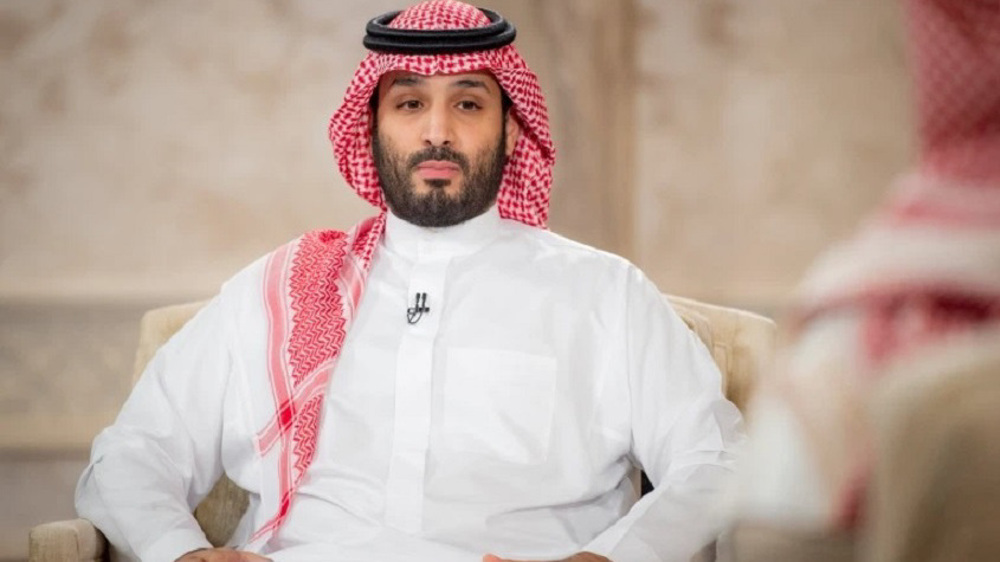

 This makes it easy to access the Press TV website
This makes it easy to access the Press TV website